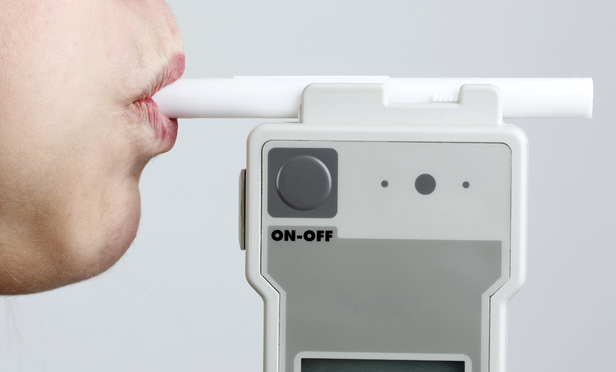In a decision one attorney in the case predicted could “open the floodgates” for similar challenges, the Pennsylvania Superior Court has ruled that a trial judge may not impose a mandatory minimum sentence based on a DUI defendant’s refusal to submit to a warrantless blood test.
In a nonprecedential ruling in Commonwealth v. Kohli, a unanimous three-judge panel said such sentences run afoul of the U.S. Supreme Court’s 2016 ruling in Birchfield v. North Dakota, which held that warrantless blood draws are an unconstitutional invasion of privacy and prohibited states from imposing criminal penalties on DUI suspects who refuse the tests.
This content has been archived. It is available through our partners, LexisNexis® and Bloomberg Law.
To view this content, please continue to their sites.
Not a Lexis Subscriber?
Subscribe Now
Not a Bloomberg Law Subscriber?
Subscribe Now
LexisNexis® and Bloomberg Law are third party online distributors of the broad collection of current and archived versions of ALM's legal news publications. LexisNexis® and Bloomberg Law customers are able to access and use ALM's content, including content from the National Law Journal, The American Lawyer, Legaltech News, The New York Law Journal, and Corporate Counsel, as well as other sources of legal information.
For questions call 1-877-256-2472 or contact us at [email protected]



